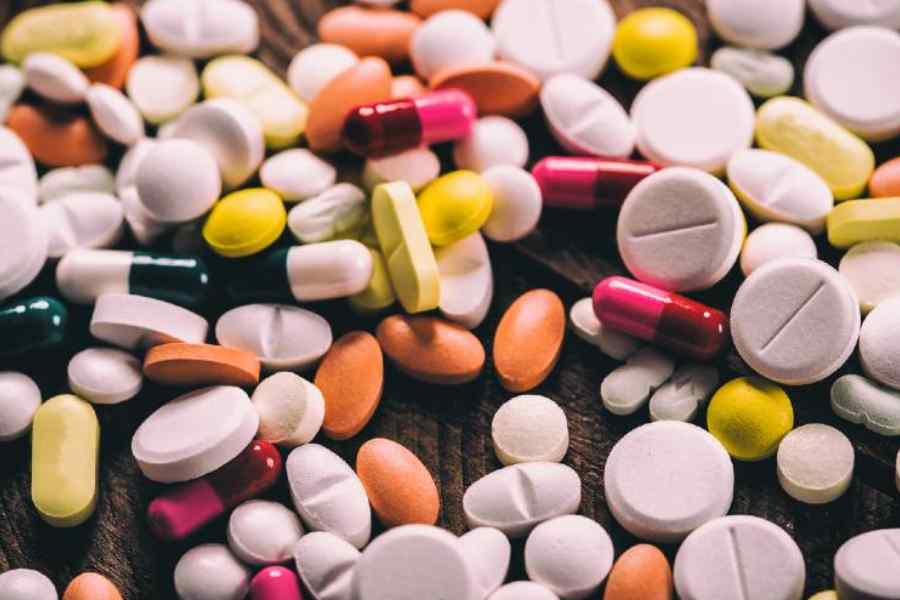Medical marvels can be a double-edged sword. Consider, for example, the discovery of antibiotics: these drugs revolutionised the treatment of bacterial infections but evidence suggests that overuse and misuse have not only lowered their potency but also led to an even bigger challenge. Experts have been sounding alarm bells on antibiotic resistance for a while. India being the highest consumer of antibiotics is particularly vulnerable to this malady. A recent study, which analysed 99 countries over the last decade, unveiled worrying dimensions of the problem. According to research published in PLOS Medicine, India has the third-largest count — about nine million victims — of hospital-acquired, antibiotic-resistant infections, ranking just below China and Pakistan. That is not all. Middle-income groups, it appears, are disproportionately affected. This poses a double challenge for public health. First, the ineffectiveness of the first line of drugs against antibiotic-resistant superbugs increases reliance on medication that is more expensive. Second, it also makes it harder for medical science to treat maladies that are evolving into complex phenomena. The mortality burden is not negligible either. A 2022 Lancet study estimated the global death toll of 2019 owing to antimicrobial resistance to be at 1.2 million. Another study has predicted that AMR can cause up to two million deaths in India by 2050. The twin menaces of antibiotic misuse and HARIs have, incidentally, been aggravated by the Covid-19 pandemic.
There is thus an urgent need to rectify the situation. The World Health Organization’s push for antimicrobial stewardship — a set of strategies that promote responsible antimicrobial use among the medical fraternity — could be a step forward. But past inspections have revealed that the Indian government has not been proactive in this regard. There are other anomalies. The Central government has prioritised AMR in its National Health Policy of 2017. Yet, the prescription of broad-spectrum antibiotics remains concerningly high. The surveillance of the private health sector should thus be tightened and the scope of punitive action ought to be explored to rein in violators. India prides itself on being the pharma hub of the world. But a pharma hub should not only be about manufacturing medicines: it should, equally, be about setting and maintaining ethical standards of medicinal care. As the current G20 president, the onus thus lies on India to make the judicious use of medicines like antibiotics a global manifesto.










